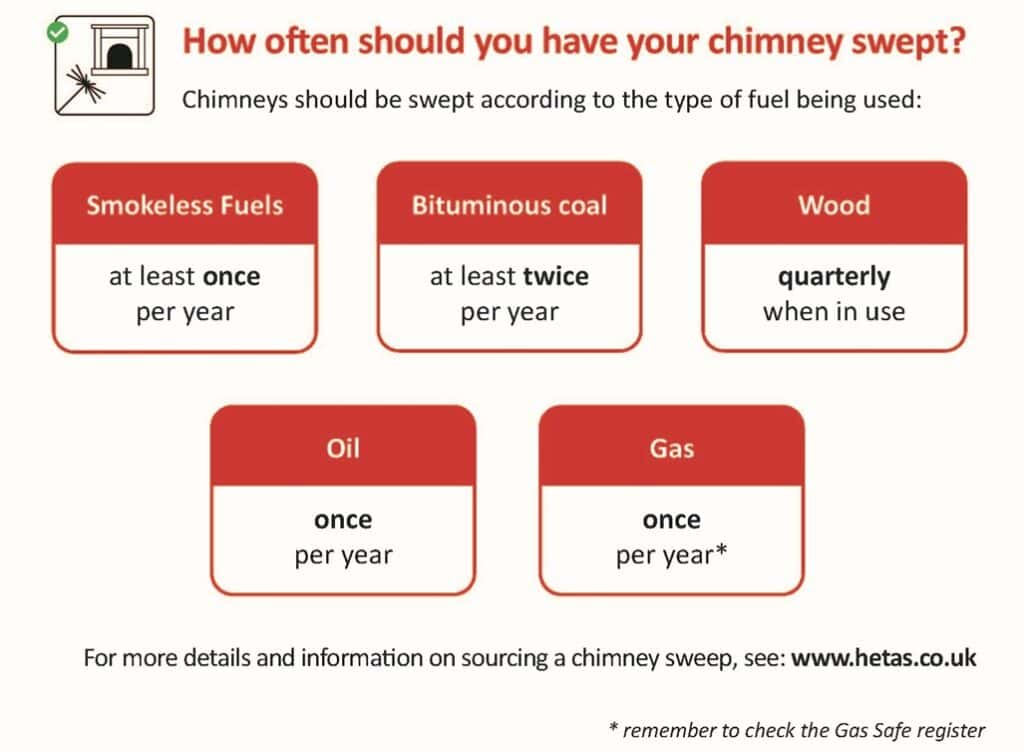When the weather gets colder, we tend to see an increase in chimney fires, as people use their working fireplaces more.
With cost of living remaining high, we think it might be possible that some people, may also consider using their fireplace for the first time in a while, as a way of avoiding rising energy prices.
If you have recently opened a fireplace or chimney up, or are thinking about using one again, please make sure it is inspected by a qualified person, and has been well swept and maintained before you light up for the first time.
We know times are tough, and some people may be looking for ways to save money, but we would urge you to make sure you book in time for a professional chimney sweep to visit to keep you and your property safe and reduce the risk of the costs associated with a chimney fire.
Karen Lock, our Domestic Safety Officer said: “A fire starting in a chimney has the potential to spread to affect the whole house, and the consequences of this can be devastating. It is simply not worth ignoring the risks.
“It is recommended that chimneys should be swept four times a year if you are using wood, twice a year if you are using coal, and at least once a year if you are using smokeless fuels, oil or gas.”

Websites which provide details of Professional Chimney sweeps are:
